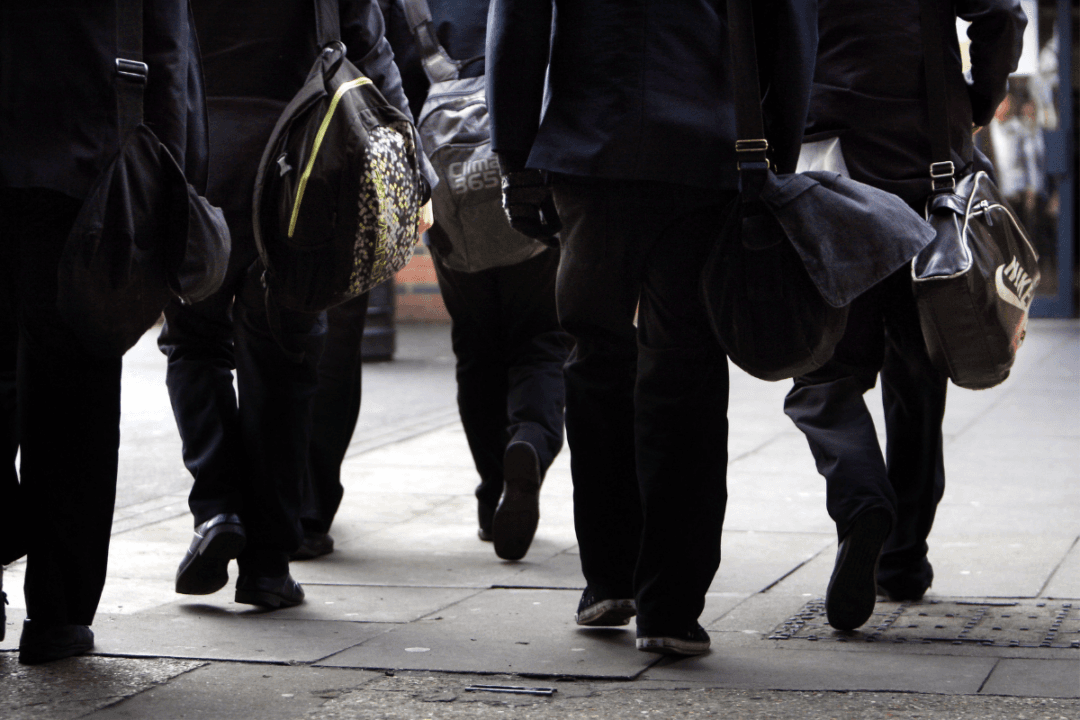The government has pledged millions of pounds in extra funding for early support hubs, expanding access to mental health interventions for children and young people.
The Department for Health and Social Care announced on Tuesday that 24 hubs will receive a share of almost £8 million to improve access to early intervention mental health support for those aged 11 to 25.
The £8 million plan expands on the government’s October 2023 commitment that £4.92 million would be made available to 10 early support hubs.
In total, there are around 70 early support centres in the UK run by local authorities, NHS trusts, and volunteer organisations. These hubs offer mental health services such as counselling, psychological therapies, and group work.
Young people access the hubs without needing a referral from school or a GP. The services are available for those who may not meet the threshold for receiving support via the NHS.
Additional Funding Will ‘Improve Access’ to Services
The government says the early intervention services help reduce pressure on the NHS by improving a young person’s well-being before their condition worsens.Mental health minister Maria Caulfield said in a statement: “This government is taking the long term decisions needed to make our healthcare system faster, simpler and fairer. Mental health support for our young people is a key part of that.”
Ms. Caulfield added: “No child or young person should suffer alone, and this additional funding for 24 mental health hubs will improve access and bring in more staff and experts who can help those who need it the most.
More Young People Experience Mental Health Problems Than 20 Years Ago
On Monday, the Resolution Foundation released a study, funded by the Health Foundation, which said that one in three (34 percent) people aged 18 to 24 had reported in 2021–2022 that they were experiencing symptoms of a common mental health disorder (CMD) like anxiety, depression, or bipolar disorder.The report noted that this was a significant increase on 2000, when that proportion stood at 24 percent.
“As a result, more than half a million 18-24-year-olds were prescribed anti-depressants in 2021-22,” the report said.
The Resolution Foundation said the report is a culmination of a three-year research programme exploring the relationship between young people’s mental health and their work outcomes.
Mental Health Problems and Educational Attainment
Examining the relationship between the educational attainment levels of those with mental health problems and their place in the labour market, the Resolution Foundation found “one-in-three young non-graduates with a CMD were workless, compared to 19 per cent of non-graduates without mental health problems, and 17 per cent of graduates with a CMD.”“A shocking four-in-five (79 per cent) 18-24-year-olds who are workless due to ill health only have qualifications at GCSE-level or below, compared to a one-third (34 per cent) of all people in that age group,” the report said.
The authors wrote, “It is hard not to conclude, then, that another reason why many young people with mental health problems are so disadvantaged in the labour market is that their health blights not only their ability to find and then flourish in work, but also their education.”
The report said an estimated one in eight (12 percent) of 11- to 16-year-olds experiencing mental health problems had missed more than 15 days of school in the autumn term of 2023. This compares with 2 percent of their healthy classmates.
“Small surprise, then, that children aged 11-14 experiencing poor mental health are three-times more likely not to pass five GCSEs including maths and English compared to their healthier peers,” the report said.
Among the Resolution Trust’s recommendations was for policy to ensure young people had “meaningful second chances” while they were still in compulsory education, noting that GCSE resit success rates were “woeful.”
They also said young people needed “improved advice and opportunities when it comes to non-university pathways,” saying their research found teenagers not progressing onto higher education received “less careers advice from their school or college than those who are going to university for example (24 per cent compared with 44 per cent respectively in England in 2022).”







